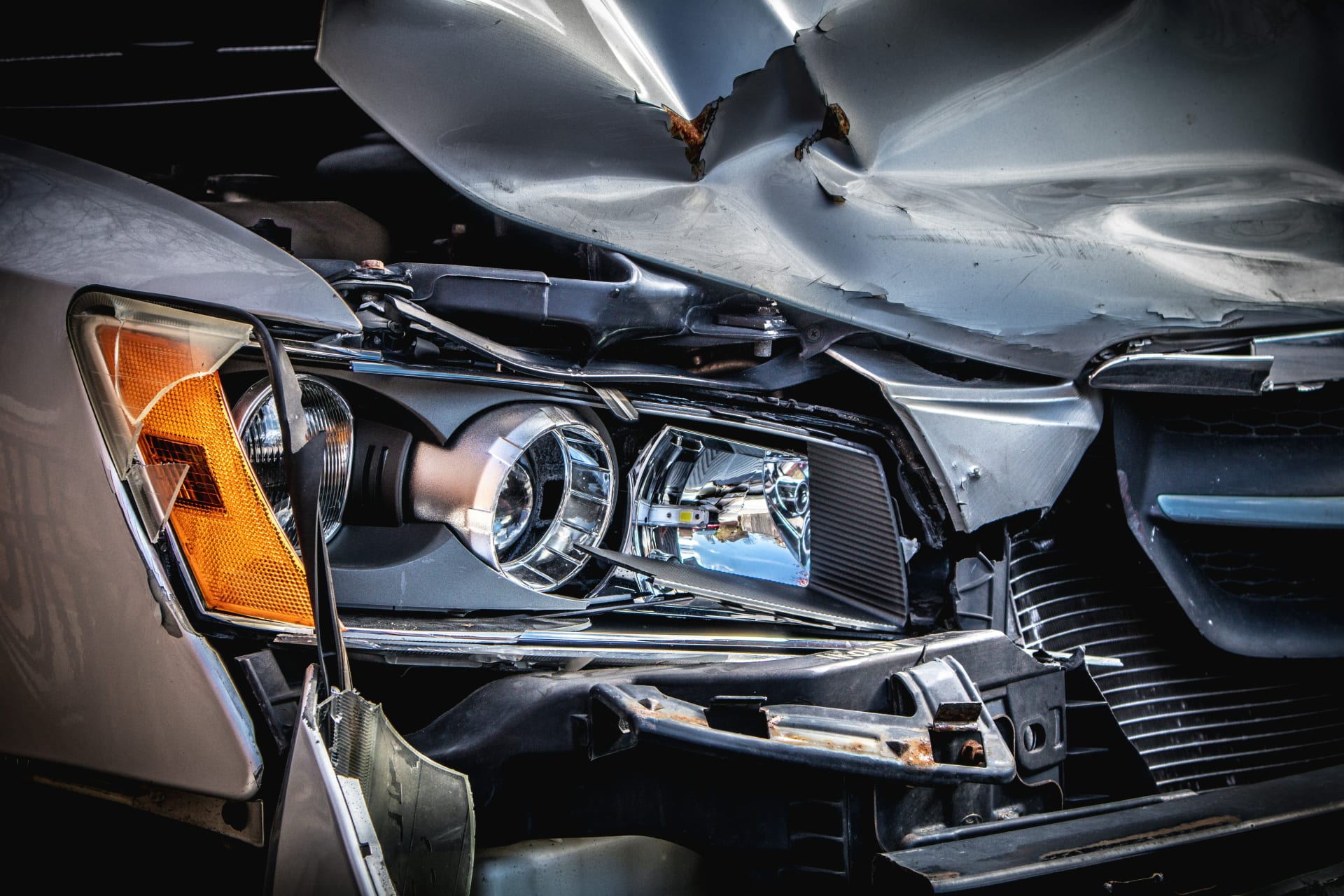Car accidents can be distressing and confusing experiences. Knowing how to protect yourself legally after a car accident in the UK is crucial to ensure your rights are safeguarded, and you can navigate any subsequent legal or insurance claims smoothly.
This guide will walk you through the necessary steps to take immediately after an accident and in the following days to protect yourself legally.
Immediate Steps After the Accident
First and foremost, it is essential to ensure safety and provide assistance. You must stop the vehicle, as it is illegal to leave the scene of an accident. Check for injuries to ensure everyone involved is safe, and call emergency services (999) if anyone is injured. If possible, move vehicles out of traffic to avoid further incidents.
Notify Authorities
Call the police if there are injuries or if the accident is causing a traffic hazard. They will document the scene and provide an accident report, which can be crucial for legal and insurance purposes. Even if the police do not attend the scene, you must report the accident at a police station within 24 hours.
Never Admit Fault
One critical piece of advice is to never admit fault at the scene of the accident. Even if you believe you may be partially or fully responsible, it is important to refrain from making any statements that could be interpreted as an admission of guilt. Admitting fault can have significant legal and financial repercussions and can complicate insurance claims. Liability should be determined by the insurance companies and, if necessary, the legal system after a thorough investigation.
Exchange Details
Exchange information with the other driver(s). Swap names, addresses, and insurance details, and collect contact information from any witnesses. Additionally, note the make, model, colour, and registration number of the other vehicles involved. Document the scene by taking clear photos of the accident site, vehicle damage, road conditions, and any relevant traffic signs. It may also be helpful to sketch a diagram showing vehicle positions and the direction of travel.
Keep Calm
Car accidents are inherently stressful and can provoke strong emotions. However, it is crucial to remain calm and composed, even if you feel frustrated or angry with the other driver. Here are several reasons why keeping your cool is essential:
- Legal Protection
Emotions can cloud judgment and lead to statements or behaviours that might be interpreted as an admission of fault. Staying calm helps you communicate more clearly and ensures you do not inadvertently admit liability.
Remaining composed allows you to gather and present facts objectively, which is vital for police reports and insurance claims.
- Ensuring Safety
Anger can escalate conflicts, potentially leading to physical confrontations. Keeping your emotions in check helps maintain a safer environment for everyone involved. Staying calm allows you to think clearly and make rational decisions, such as moving to a safe location or providing first aid if necessary.
- Effective Communication
A calm demeanour facilitates the exchange of information with the other driver and witnesses. This cooperation is crucial for documenting the accident and later for resolving claims. Witnesses are more likely to cooperate and provide accurate accounts if they observe that all parties are handling the situation calmly.
- Insurance
Insurance adjusters will review your conduct during the accident as part of their investigation. Professional and calm behaviour reflects positively on you and can impact the outcome of your claim. In cases where there is a dispute about fault, calm and factual accounts are more persuasive than emotional and confrontational ones.
After the Accident
Inform your insurance company as soon as possible, ideally within 24 hours, even if you do not intend to make a claim. Provide a full account of the accident to your insurer and send them any photographs and witness details.
Seek medical attention, even if injuries seem minor. Get a medical examination to document any injuries that may become apparent later, and keep copies of all medical reports, treatments, and receipts for any expenses incurred.
Consider consulting a solicitor, especially if the accident resulted in serious injury, complex liability issues, or if the other party is disputing your account. Choose a firm specialising in personal injury, such as Accidentclaimsadvice.org.uk, to ensure that you have legal representation with a depth of experience within this area of law.
Maintain thorough records of all correspondence related to the accident, including letters, emails, and notes of phone conversations. Track any costs related to the accident, such as medical treatment, vehicle repairs, and transport.
Legal Protections and Claims
For personal injury claims, note that they should be filed within three years of the accident. Compensation can cover medical expenses, loss of earnings, pain and suffering, and rehabilitation costs.
If your vehicle is damaged, you can claim through your insurance policy or the at-fault driver’s insurance. You might need an independent valuation if there is a dispute about repair costs or vehicle value.
In cases of uninsured or hit-and-run accidents, you can make a claim through the Motor Insurers' Bureau (MIB).
If you need to take legal action, minor accidents where the compensation sought is less than £10,000 can be handled in the small claims court. For more substantial claims or if the dispute cannot be resolved amicably, formal lawsuits may be necessary.
Preventative Measures
Ensure you have comprehensive insurance that covers a range of scenarios, including legal expenses. Consider adding legal protection cover to your policy to cover legal fees if you need to pursue or defend a claim.
Regular vehicle maintenance is crucial. Regularly maintain your vehicle to ensure it meets safety standards, reducing the risk of accidents.
Consider taking advanced driving courses to enhance your skills and awareness on the road, and practicing defensive driving to prevent accidents.
Conclusion
Protecting yourself legally after a car accident in the UK involves a combination of immediate actions, thorough documentation, timely communication with insurance companies, and seeking appropriate legal advice. By following these steps, you can ensure that you are well-prepared to handle any legal implications and safeguard your rights effectively.









